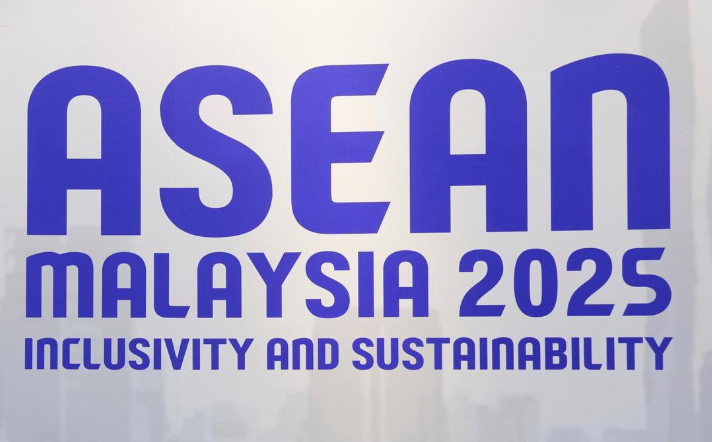KUALA LUMPUR – The 46th ASEAN Summit took place from May 26 to 27, 2025, at the Kuala Lumpur Convention Centre in Malaysia. The event brought together top leaders from the ten ASEAN member states, along with high-level guests from China and the Gulf Cooperation Council (GCC). Central topics included the ongoing crisis in Myanmar, the impact of U.S. trade tariffs on the region, and efforts to strengthen economic cooperation with external partners.
The summit produced significant outcomes related to both regional stability and economic integration.
Key Outcomes of the Summit
1. Strategic Integration Plan Toward 2045
ASEAN leaders adopted a comprehensive five-year roadmap to deepen economic integration. The long-term goal is to develop ASEAN into the world’s fourth-largest economy by 2045. The plan includes harmonization of trade standards, promotion of financial integration, enhancement of regional connectivity, and support for sustainable economic practices.
2. Progress on the Myanmar Crisis
ASEAN leaders called for an extension of the nationwide ceasefire in Myanmar to foster trust and enable inclusive dialogue. Malaysian Prime Minister Anwar Ibrahim emphasized the importance of direct talks with both the military regime and the opposition National Unity Government to find a peaceful resolution to the conflict.
3. Trilateral Summit with China and the GCC
For the first time, a trilateral summit was held between ASEAN, China, and the Gulf Cooperation Council. The aim was to deepen economic ties and develop joint strategies to counter global trade tensions, particularly those triggered by U.S. tariffs. Chinese Premier Li Qiang urged the removal of trade barriers and highlighted the importance of an open, multilateral trade system.
Implementation Measures Expected
- E-Ticketing System: Beginning in October 2025, visitors to six marine national parks — including the Phi Phi Islands — will be required to obtain electronic tickets. The system aims to regulate visitor numbers and capture passport information for improved management and security.
- Travel Digital Authorization Card (TDAC): Since April 2025, all foreign visitors must complete the TDAC at least 72 hours before arrival. This digital process replaces the former TM6 paper arrival card, streamlining immigration procedures and enhancing border security.
China and the GCC on the ASEAN Guest List
1. China
China was invited to strengthen its economic ties with ASEAN and to jointly develop strategies with ASEAN and the GCC to navigate global trade tensions. Premier Li Qiang emphasized the need to reduce trade barriers and to boost regional cooperation.
2. Gulf Cooperation Council (GCC)
The GCC’s invitation aimed to deepen economic cooperation and foster joint initiatives to build resilience amid shifting global economic conditions. The trilateral summit with ASEAN and China highlighted the importance of diversified partnerships in a multipolar world.
3. Papua New Guinea
Indonesian President Prabowo Subianto proposed the inclusion of Papua New Guinea as a new ASEAN member to enhance the bloc’s global relevance. While Papua New Guinea has expressed interest in joining, some ASEAN states voiced concerns about economic disparities and the need to preserve the group’s consensus-based decision-making model.
The ASEAN Summit 2025 represents a major step toward deeper regional integration and a more assertive global economic role. The decisions taken and the partners invited reflect ASEAN’s ambition to position itself as a dynamic and resilient actor in a rapidly changing world order. (zai)

